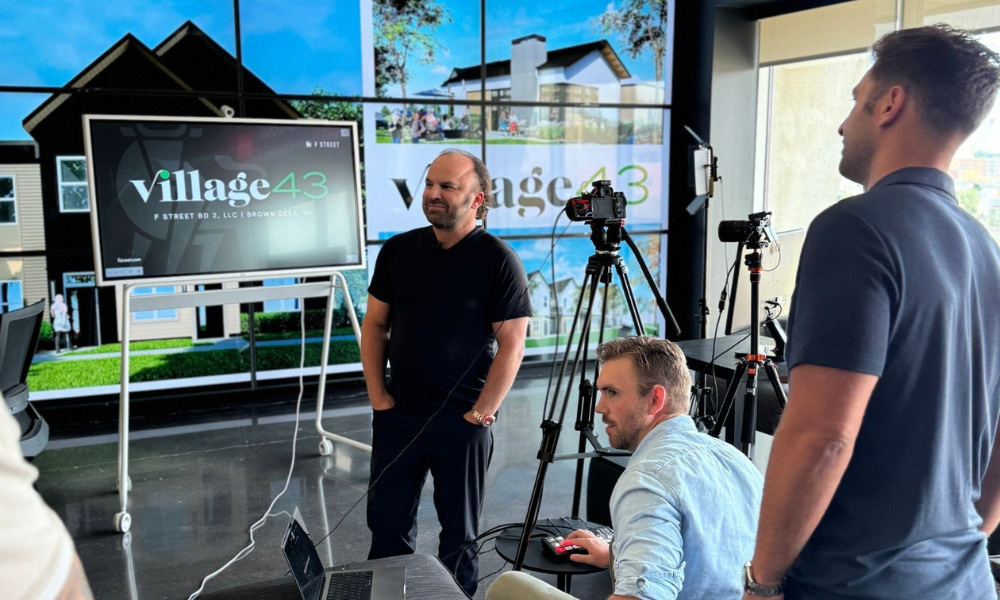Private credit is rising - and for real estate investors, it's becoming the first call, not the last resort

With traditional banks stuck in prolonged approval cycles and growing risk aversion, borrowers are turning to private lenders who can move quickly - and think creatively. For real estate investors caught in a tightening market, that shift is more than a trend. It’s a survival strategy.
Scott Lurie, founder of Milwaukee-based private lending firm F Street, said demand is surging - and not just in volume. “Our liquidity has never been stronger, and our demand has never been higher,” Lurie said. “We’re seeing more applications and larger loan sizes across the board.”
As equity becomes harder to raise and construction costs push traditional financing further out of reach, borrowers are adjusting their playbooks. “People are getting a little bit more crafty in their ways of getting through the closing table,” Lurie explained. “Whether that’s through construction, purchase price, or acquisition costs.”
Banks, meanwhile, are pulling back from deals they once routinely funded. Applications that might have passed a year ago are now getting kicked back due to concerns around multifamily assets, inflation, or tariffs. “Those banks are just closed for business right now,” Lurie said. “Or they’re not doing that, or they’re concerned.”
But this isn’t just a short-term reaction to macroeconomic jitters. According to Lurie, the capital crunch has been quietly building for over a year. “There have been liquidity issues in the capital markets for probably the last 12 months,” he said. “This added pain is going to continue to enhance private lenders, private credit demand for the foreseeable future.”
That growing appeal lies in the flexibility private lenders offer. With no credit committee or bureaucratic gauntlet to run through, lenders like Lurie can move fast and make decisions based on business potential - not just spreadsheets. “We have the ability to buy into a business plan,” he said.
That mindset is attracting a new class of investors, particularly among younger generations raised on YouTube, FinTok, and wealth-building podcasts. “I’ve got a 19-year-old son who is probably more exclusively interested in alternative investments than he is in traditional ones,” Lurie said.
Still, speed and access don’t negate the risks. Lurie draws a clear line between enthusiasm and execution. “Writing a loan is easy. Funding a loan is easy,” he said. “I need to make sure that your business and your plan to which you’re going to repay is sound and you have sophistication to exit it.”
The best borrowers, he adds, are those with short-term plans and clearly defined outcomes. “My most efficient, successful customers are using their money for the shortest period of time to then do something else,” he said.
The ones who stumble are often chasing longer-term financing without an exit strategy. “That business plan never works, and there’s no good solution to that,” he said.
Private credit’s role is expanding not just because banks are slower - but because the market is changing. And for Lurie, that shift is permanent. “Private credit isn’t a last resort,” he said. “It’s becoming the first call.”



